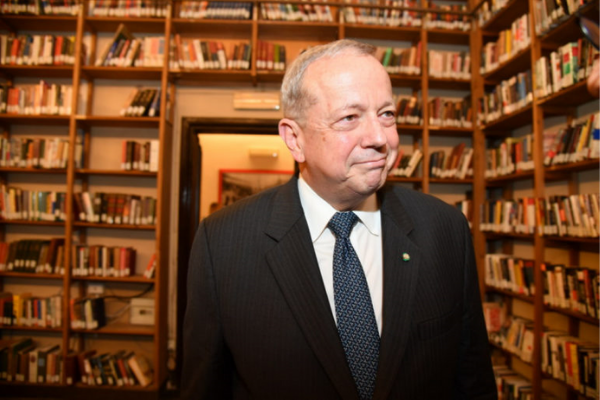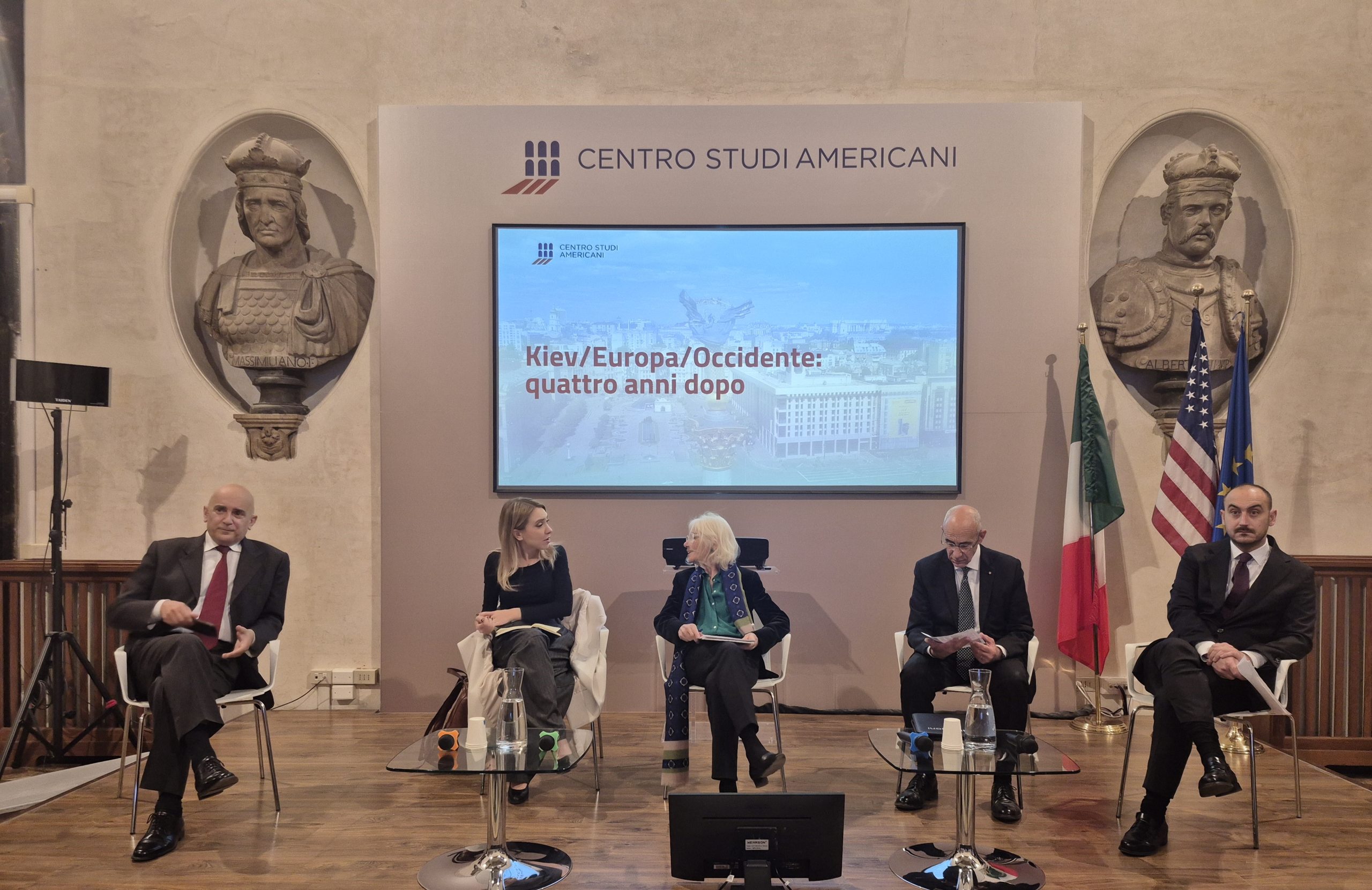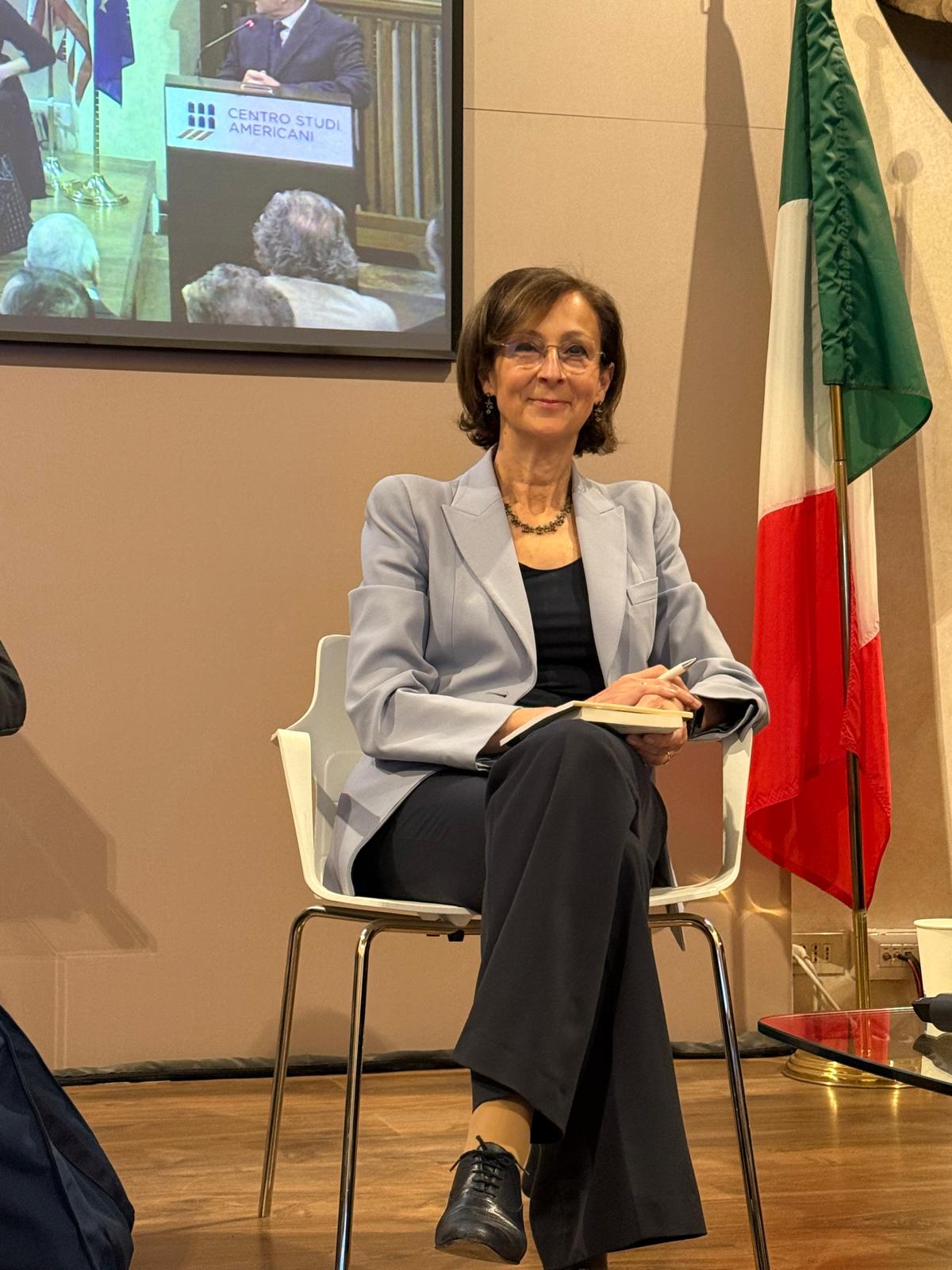Gli effetti del Coronavirus sulla comunità internazionale e il ruolo della NATO. Parla il Generale Allen

Il commento del Generale John R. Allen, Presidente The Brookings Institution, sugli effetti del Coronavirus sulla comunità internazionale e sul ruolo della NATO
As it has always been, history will be written by the “victors” of the COVID-19 crisis.
At this moment, every country, and increasingly every individual, is experiencing the societal strain of the novel coronavirus in new and powerful ways. And inevitably, those nations that persevere both by virtue of their unique political and economic systems, as well as from a public health perspective, will claim success over those who experience a different, more devastating outcome.
For some, to include our cherished NATO allies and the EU, this will hopefully appear as a great and definitive triumph for democracy and multilateralism and international cooperation. For others, such as China, it may very well showcase the clear “benefits” of decisive, authoritarian rule.
In either case, this crisis will reshuffle the international power structure in ways we can only begin to imagine. COVID-19 will continue to depress economic activity and increase tension between countries. And over the long term, the pandemic will likely reduce the productive capacity of the global economy to a significant degree, especially if businesses close and individuals detach from the labor force en masse. This risk of dislocation is especially great for developing nations and others with a large share of economically vulnerable workers. The international system will, in turn, come under great pressure, resulting in instability and widespread conflict within and across countries.
Despite these many challenges. the way forward is clear. The global Community of Democracies – those nations across the world with a deep commitment to human rights and the rule of law and to multilateralism – have the power to join and fight this disease as a unified coalition. Only time will tell if such a coalition materializes, but as has been the case so many times in the past, we truly are stronger together. This crisis may challenge the value of international cooperation, and some may find solace in isolationism as a result. Yet, it is my sincere hope that this crisis will instead act as a moment for all of us – as a community – to rise to the occasion and tackle it head on, together. Indeed, I believe we have no choice but to come together in this fashion.


